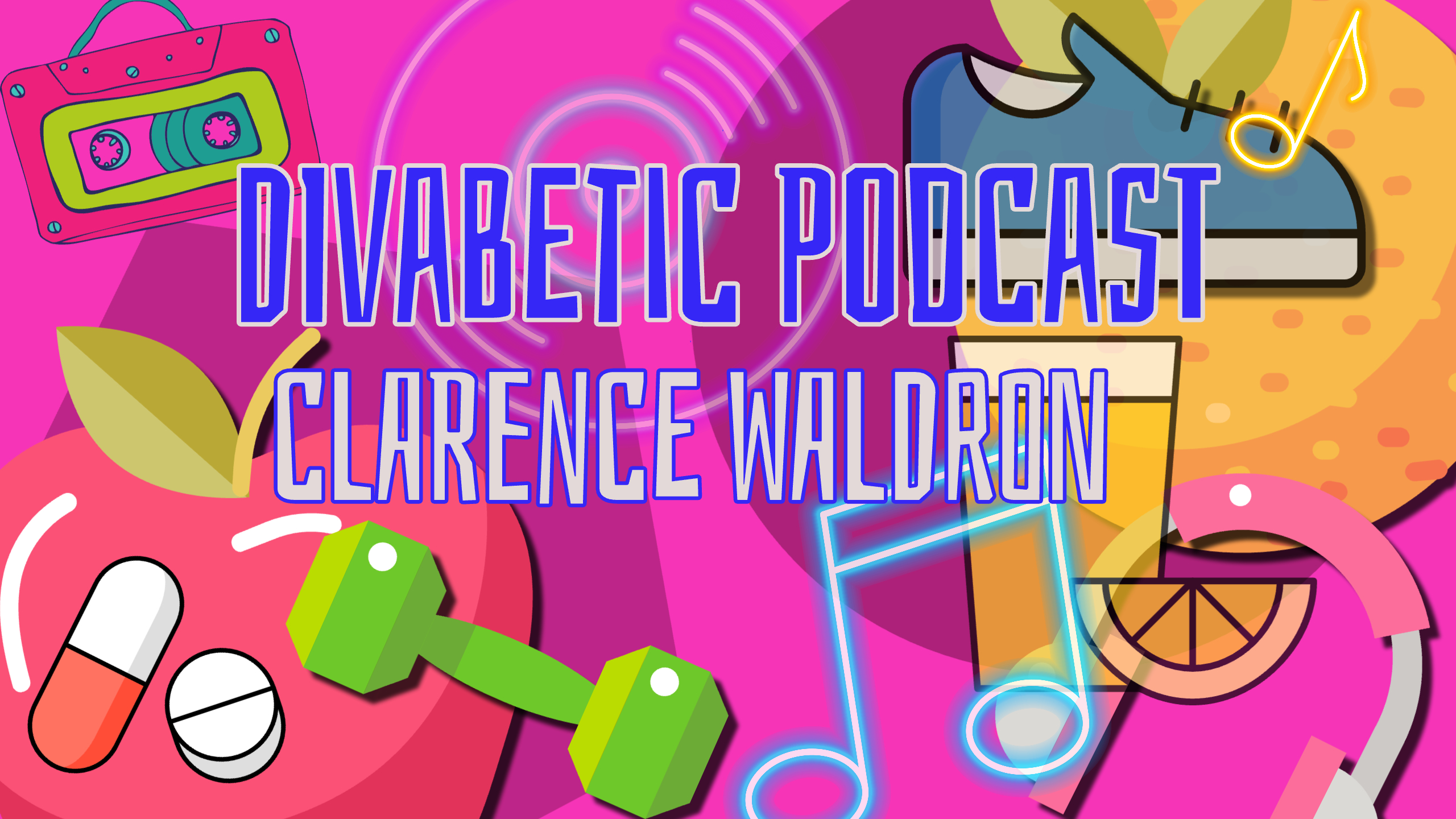I coined the phrase “Divabetic” watching Patti Labelle on stage during a Luther Vandross Tribute show in New York City in 2003. She said, “Diabetes doesn’t have me. I have diabetes.” Her bold, outspoken attitude about living with diabetes inspired me. I wish more people would adopt her approach and speak about living with diabetes. Informing your friends, co-workers, and family members about how to treat high and low blood sugar levels doesn’t just help you. It helps them, too.
Talking about diabetes isn’t always easy. But opening up could help you with coping with diabetes if you need it. If I had known more about my boss, Luther Vandross‘s type 2 diabetes, maybe I could have helped prevent his stroke from occurring.
Hopefully, Patti LaBelle’s iconic song, New Attitude, can inspire you to talk about your experience living with diabetes.
It can be hard to get started, or it’s just not the right moment. Maybe it’s easier to deal with your diabetes alone.
Help Us Light the Way During National Diabetes Awareness Month (November)
Approximately 96 million American adults—more than 1 in 3—have prediabetes. Did you know that over 80% don’t know they have it? Prediabetes increases your risk of developing type 2 diabetes, heart disease, and stroke.

This November, join Divabetic’s Blue Candle initiative and encourage your friends, co-workers, and family members to be screened for pre-diabetes. The Centers for Disease Control (CDC) offers a quick, easy online Pre-Diabetes risk test.
Prediabetes Risk Test
Be by their side when they check, and share your experience of living well with diabetes so they can see that living well with diabetes is possible. Together, we can help others come out of the dark, address their diabetes health status, and start living their lives to the fullest.
Clarence Waldron talks about his stroke, recovery, working as Senior Editor and Writer of Jet Magazine, and his memories of Luther Vandross and Aretha Franklin.
Twenty years ago, Clarence interviewed Luther’s mother, Mrs. Mary Ida Vandross, for Jet Magazine after Luther suffered a stroke due to mismanaged type 2 diabetes.
Clarence’s story is an excellent reminder of why it’s essential to ACT F.A.S.T. if you or a loved one is experiencing a stroke. The acronym FAST (Facial drooping, Arm weakness, Speech difficulties, and Time) has been used by the National Stroke Association, American Heart Association, and others to educate the public on detecting stroke symptoms. Earlier treatment results in a greater chance of recovery, a reduced likelihood of permanent disability, and a lesser need for extensive rehabilitation.
You’ll quickly hear Clarence’s upbeat attitude and ferocious appetite for music and divas have served him well during his recovery. Throughout this podcast, we feature music from Aretha Franklin’s Get It Right album and Luther Vandross’s Live At Radio City Music Hall 2003 20th Anniversary Edition album courtesy of SONY Music.
We’re sharing excerpts of interviews from our favorite Divabetic podcasts over the years.
This excerpt is from our Prediabetes and Type 2 Diabetes Diagnosis Turnaround podcast with Jill Weisenberger, MS, RDN, CDCES, CHWC, FAND, and gospel singer Pat Lacy.
Jill Weisenberger is recognized internationally for her expertise in nutrition, diabetes, and prediabetes. She worked as a nutrition counselor, diabetes educator, and health coach in hospitals, research, and private practice settings. Jill helps leverage resources, recipes, and scientific insights to find better ways to improve eating and smart living, reduce the risk of mismanaged diabetes health-related complications, and support better health. Jill Weisenberger is the author of Prediabetes: A Complete Guide, 2nd edition, Diabetes Weight Loss Week By Week, 21 Things You Need to Know About Diabetes and Your Heart, and The Overworked Person’s Guide To Better Nutrition. Additionally, she offers the Prediabetes Meal Planning Crash Course, Prediabetes Turnaround, Type 2 Eating Guide, and a Stick With It Video Course. Gospel Singer
Pat Lacy, who has worked with The Sounds of Blackness and Luther Vandross, shares her experience living with type 2 diabetes and how she modified her lifestyle to take charge of her health. This podcast features music from Pat Lacy’s upcoming gospel album, I’m Taking You To Church.
Click this link for the full Prediabetes & Type 2 Diabetes Turnaround podcast.





